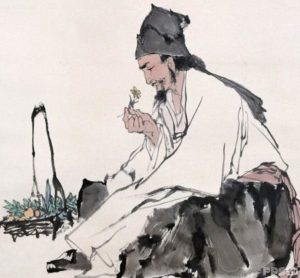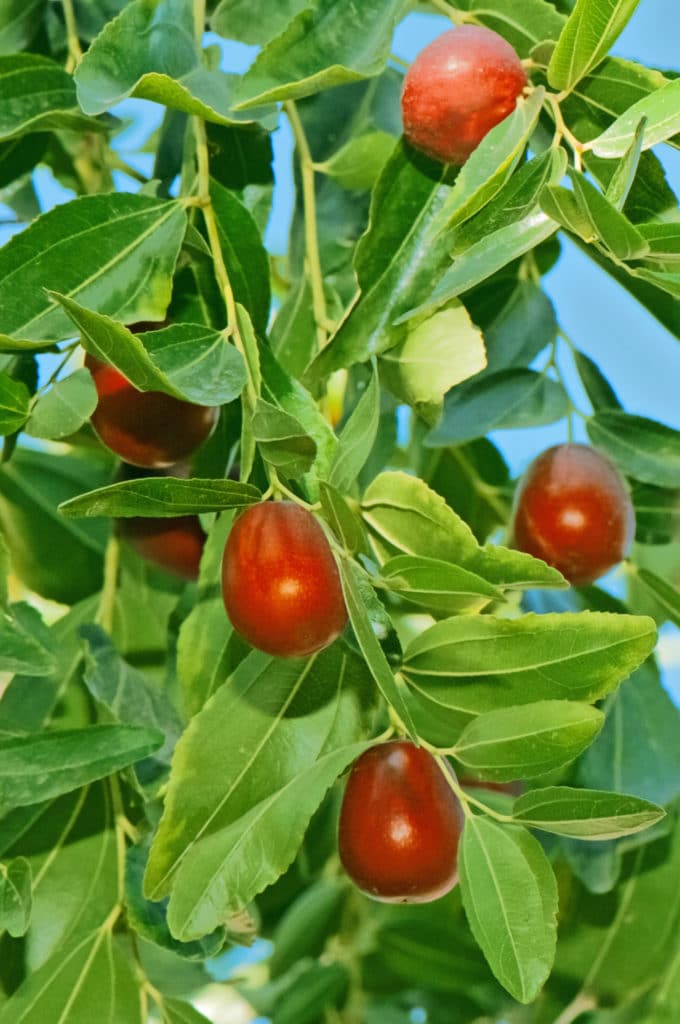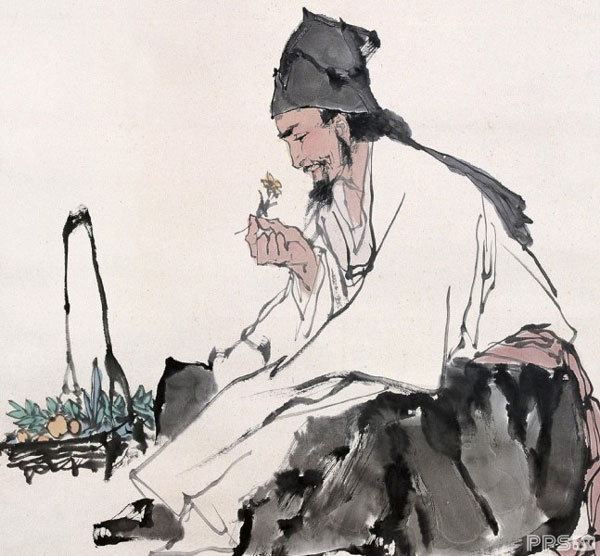 From an early stage in my studies of Classical Chinese medicine, I realized that Chinese herbal formulas are where it’s really at. The formula is the clinically functional unit – not the single herb. Yes, of course, formulas are composed of single herbs. But the way I’m learning herbal medicine really relies on understanding the structure and function of formulas as primary.
From an early stage in my studies of Classical Chinese medicine, I realized that Chinese herbal formulas are where it’s really at. The formula is the clinically functional unit – not the single herb. Yes, of course, formulas are composed of single herbs. But the way I’m learning herbal medicine really relies on understanding the structure and function of formulas as primary.
Still we have to study the singles to become familiar with the individuals that do so much for us within those beautifully constructed formulas. And, yes, we do have to pass exams that ask us to recall information about the single Chinese herbs. And it’s not easy! There’s a lot of information to learn about each herb (to say nothing of formulas) and if Chinese is not your first language, there are many terms and herb names that sound similar. It can be an overwhelming process.
Early in my study of single Chinese herbs, I found it very challenging to stay focused while studying for herb exams. And yet, herbal medicine is the most fascinating thing to me in my new profession. So, I did some research, discussed with fellow students and engaged in a lot of experimentation to find what works to keep me motivated as a Chinese herbs learner.
Here are just a few quick tips that have been most pivotal in helping me grasp the rich and often complicated information we all must learn about single Chinese herbs. I hope it’s helpful!
Engage all of your senses while studying
At my school, we were given the option of buying a set of 3-5 grams of each herb we would be studying during the year. If you don’t have that option just head to the medicinary at your school or at a local clinic and obtain a few grams (3-4 is usually enough) of each herb you will be studying. Every single time I studied herbs, I had the samples right next to me. I smelled them, tasted them, made small decoctions out of them with hot water, pulled them apart to look at the inside, and closed my eyes to fully experience the texture. Sometimes simply sitting with the herb in your hand gives you a better understanding of it. I cannot adequately stress how important this was to my success in herbs class.
Find the living plant, growing it from seed is even better
In Portland we are lucky to have a Classical Chinese garden that stocks several medicinal herbs. Once or twice a year they even have plant sales! There are online sources for the seeds of Chinese herbs, and more garden stores are carrying the plants. Seek out any sources available and grow them! Not a green thumb? Do your best – buy a basic gardening book and learn more about growing things! If you absolutely cannot grow anything for whatever reason, try to seek out a public garden in your area that features some Chinese herbs. Watch them through the seasons, spend some time observing their growth habit and the insects that enjoy hanging out with them. Remember, most of our herbal medicine was a plant first – doesn’t it seem like understanding the plant is a key to understanding the medicine?
Learn about the plant’s biology
Using Bensky’s Materia Medica or another basic herb book you trust, find out the Latin namefor each species.

Armed with this information, use the Internet, books on botany and your own knowledge to come to an understanding of the plant on a Western scientific level. Where does the plant grow? What kind of soil does it need? How does it propagate itself? What part of the plant do we use for medicine? What are the pharmacological compounds in the part that we use? All of these questions can help you to fully understand the medicine you are prescribing to your patients.
Read from more than one book
Although the main materia medica by Bensky is the gold standard for basic single herbs study, I do find other resources helpful. I enjoy going to my school’s library and cross-referencing the information I get Bensky with other sources. I sometimes use online sources as well. I’ve found information in unlikely places as well, such as books on Western herbs and even in Readers’ Digest! Since each source is going to have a different angle on the information, you will get a more complete picture if you use many sources.
Draw the plant and the dried herb
This tip is particularly useful for people who don’t learn as well by reading or listening. Sometimes the simple act of sketching (even badly) the herb in its dried and living states can help to gain a better understanding of its structure – and thus – its function. I bought a nice set of colored pencils and a beautiful sketch book for this purpose and tried as hard as I could not to censor myself. You may not be the next Picasso, but your patients will benefit from your willingness to get over your self-judgement and come into deeper understanding of the herbs.
Understand cultural and historical information about each herb
My understanding of herbs really took off when I started delving into the culture and history around them. Study the characters used to name and describe the herbs. Learn the myths and folklore related to the herbs. Find out how other cultures used the herb or herbs like it. Understand how the usage of the herb has changed by looking into Classical Chinese medicine texts like the Shennong ben cao jing. Some books about herbs include basic cultural information about each plant, but you may have to look elsewhere – ask your professors for guidance!
Memorize!
There’s no substitute for the act of memorization. There’s just something about memorizing the basic information that gets it into your bones like nothing else. Memorize the basic properties (flavor, nature, channel), English and Chinese names (including characters) and the basic actions of each herb. Your understanding of all of this will grow and change as you go through your education as a Chinese medicine student but you have to start somewhere! No one really likes to memorize and many of us aren’t that good at it – but grab your flashcards and get to work anyway.
Are there strategies you use in learning single Chinese herbs that aren’t listed here? Please share with us in the comments below this article.
[This post has been updated during the 2020 site updates. My goal during post updates was to keep the character of the original post, but update for corrections and clarity, as well as to remove broken links.]

[…] talked about this in my article about learning acupuncture points and again in discussing studying single Chinese herbs. But, it will work for any subject. We are sensual animals! While sometimes I’m convinced I […]